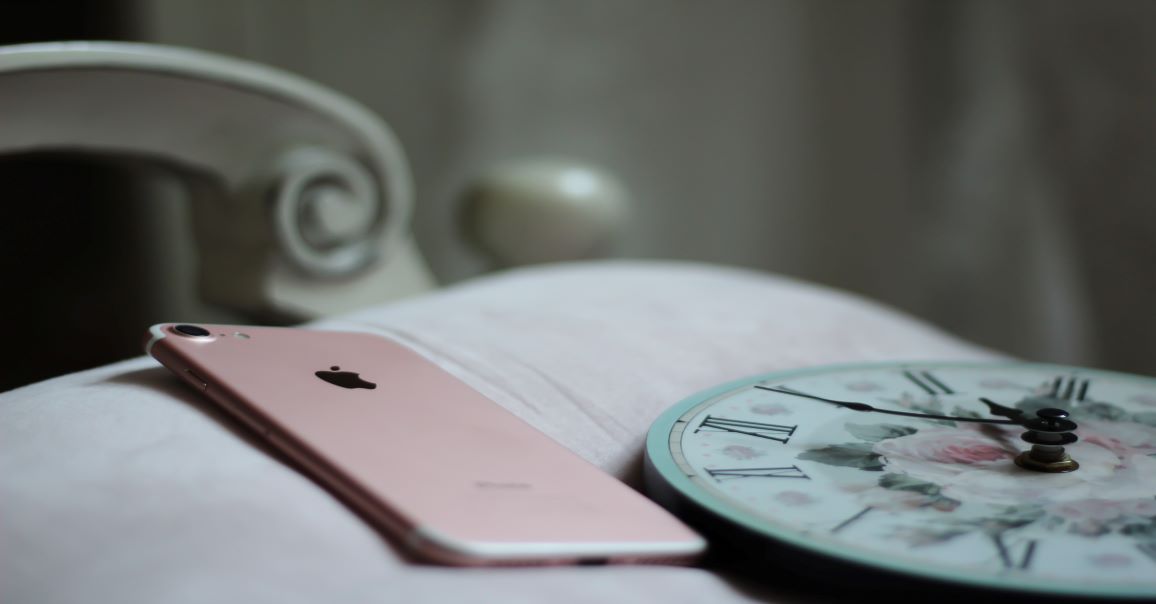
Maybe It’s Better to Break It Than to Protect It – Kelly Flanagan
[vc_row][vc_column][vc_column_text]
The dining room table was protected.
I was leading the 2019 Loveable Retreat Weekend at the 4U Ranch outside of Park City, Utah, and I was eating breakfast in the ranch house with some of the Loveable tribe, when someone pointed out the mat covering the table. I thought about how my wife and I have been wanting to get a new dining room table for years, but every time we begin to seriously consider it, our kids do something to our old table that makes us wonder if they’ve ever really lived in the civilized world. So, we stick with the old table and just hope they’ll quit dropping knives. And knocking over candles.
And spilling glittery nail polish.
Someone noted the beauty of the table beneath the mat and wondered why they’d ever take it off and run the risk of harming it. I acknowledged the conundrum, comparing it to how, when we buy a phone, we also buy a case to put it in. Our mobile devices are valuable, so we want to protect them from damage. “The last time I traded in my phone,” someone said over quiche and gluten-free cinnamon rolls, “I took the case off and remembered how beautiful it was. I’d forgotten it was the color of a rose.” When we cover our most treasured possessions in protection, we can quickly forget about the beauty underneath.
The same is true of our hearts.
When we cover our most treasured possessions in protection, we can quickly forget about the beauty underneath.
Our hearts come into the world beautiful and pristine, more lovely even than a rose-colored iPhone. However, early on, our hearts get nicked and scratched by the wayward words of the ones we love and the ones we barely know. Sometimes, they even get dropped by clumsy and careless companions, or shattered by abusive aggression or cruel intention. At the very least, every rose-colored heart gets shamed for its particular hue—we all get told in one way or an-other that we are not good enough exactly the way we are. So, we add protection. This isn’t dys-functional. It’s natural.
If a phone is valuable enough to protect, how much more so a heart?
A few weeks ago, I traded in my old iPhone for a new one, and I bought a crystal-clear case, because it will protect my phone while still allowing me to appreciate a bit of its beauty. It is thin and almost imperceptible. Once again, the same is true of our heart’s protections—they mostly look like strengths and virtues, so they are mostly transparent and invisible, but their job is to keep us out of harm’s way by keeping us just out of touch with the people we love and the lives we live.
For instance, we engage in peacemaking that is really peacefaking—we hide what we really think and feel in order to create a false sense of harmony. We act certain about everything so no one can surprise us with anything. We pretend to be easy, forsaking our boundaries and hiding our needs, because we fear if we’re too heavy someone will decide to drop us. We stay hurried and productive so we don’t have to get honest and connective. We try to fix our feelings instead of daring to feel them. We try to control the messiness of life, rather than learning how to sur-render to it. We seek the thrill of fun rather than the tedium of friendship. We get aggressive about our anger rather than honest about our fears. Thanks to all our protections, we can get all the way through this life without a single additional scratch on us.
Nor a single true companion.
The evening before our breakfast table conversation about protection and beauty, the Loveable Retreat had opened up with a round of introductions. It lasted more than an hour, as brave soul after brave soul took off their protections and pointed out the nicks and scratches on their hearts. There was barely a dry eye in the house. I don’t think the tears were about our pain, though. I think the tears were about a moment in which we realized protection is great—it helps us to survive a lot of life—but while we’re protecting, we forget we are rose-colored un-derneath.
The tears were about remembering how beautiful we all really are, on the inside.
Sure, our original beauty has been nicked up and banged up. However, that doesn’t make it any less beautiful.
Sure, our original beauty has been nicked up and banged up. However, that doesn’t make it any less beautiful. After all, perfect beauty is either a sign that we haven’t really lived or that, from within our protections, we haven’t really loved. Broken beauty, on the other hand, is a sign that we’ve been in direct contact with the world, with our people, with our life. It’s not a sign of failure.
It’s a sign of bravery.
I think my wife and I are going to start shopping for a beautiful new dining room table. I suspect we’ll buy a protective mat for it, but we’re going to use it as little as possible. And, many years from now, when we look upon it, we’ll try to remember that the scars and scorches and stains are not a reduction of its beauty, but the culmination of its beauty—the natural result of days lived in connection rather than protection.
We’ll try to remember the same thing about our hearts.
If we don’t try to end up pristine, something else will happen.
We’ll both come up roses.[/vc_column_text][/vc_column][/vc_row][vc_row][vc_column][vc_column_text]
ABOUT KELLY FLANAGAN
Kelly graduated with his Ph.D. in clinical psychology from Penn State University and is co-founder of Artisan Clinical Associates in Naperville, IL. Several years ago, he discovered writing was the thing he never knew he always wanted to do, so he began the now popular blog, UnTangled, where he writes weekly about how to live redemptive stories right now. He is the author of THE MARRIAGE MANIFESTO and his first full-length book, LOVEABLE, published by Zondervan in March 2017.
Kelly is married to another clinical psychologist named Kelly, because they decided to make life even more complicated than it already is. The Kellies–as they are called by friends and family–have three children, and they have a deal with their kids: they teach the kids how to grow up, and the kids teach them how to grow young again. So far, it’s not clear who is helping who the most.[/vc_column_text][/vc_column][/vc_row]





